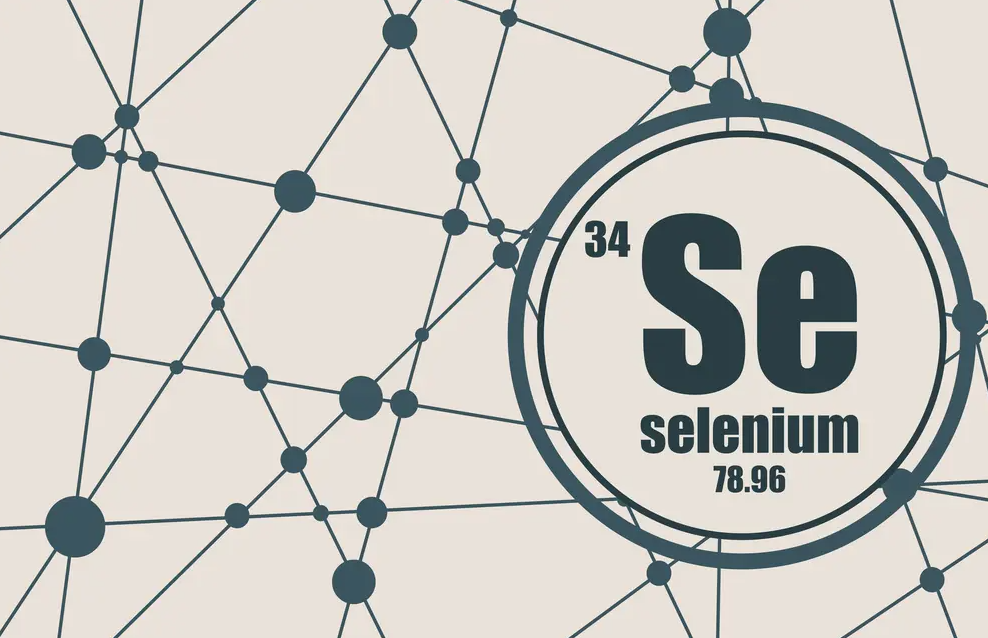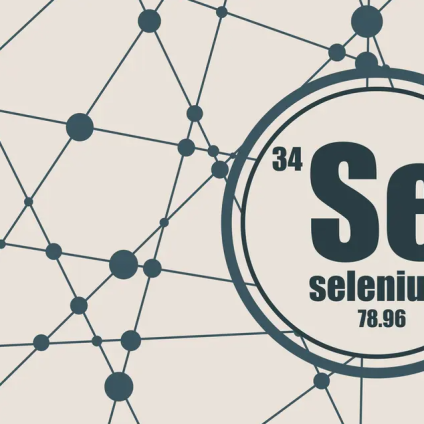A group of scientists from the Technical University of Denmark has embarked on a never-before-tried task: to build the first double junction cell in silicon and perovskite
Solar cell tandem in selenium-silicon? You can do it!
(sustainabilityenvironment.com) – A new pair faces the world of multi-junction photovoltaics. A group of researchers from the Technical University of Denmark created the first tandem solar cell in selenium-silicon (Se/Si). An integrated monolithic unit whose first results appear quite encouraging.
The Role of Selenium in Photovoltaics
Although selenium is the oldest photovoltaic material in the world, the combination with the Si was never proven. And the reason is easy to guess. This semiconductor debuted in the solar field back in 1884, when American inventor Charles Fritts created the world’s first photovoltaic cell. But since then the efficiency of this material in converting light into electricity has made very little progress. The highest value was reached in 2017 when experts from the IBM Thomas J. Watson Research Center developed a selenium solar cell with a record efficiency of 6.5 percent.
read also Tandem triple junction solar cells set a new record
However, with the renewed focus of the scientific world on tandem technology, the SE has been reported as a promising candidate for one of the two photoabsorbers, thanks to a series of basic qualities. Starting with his bandwidth gap.
The Double Junction Photovoltaic Technology
Tandem devices combine semiconductor materials with different bandwidth gaps to capture a larger portion of the spectrum and increase electrical output. Usually in double junction units, a higher cell with a relatively large bandwidth gap is used to absorb high-energy photons, such as ultraviolet and visible light, and a lower cell with a relatively narrow band to collect low-energy photons, such as near-infrared photons.
In this context, silicon is undoubtedly the most mature and technologically relevant candidate for the lower cell. Selenium, on the other hand, has all the right characteristics to give body to the upper cell: it has a very high absorption coefficient in the visible region, is stable, potentially low cost and easy to work with.
The first Solar Cells Tandem Se-Si
To attempt the enterprise, the group of scientists of the Technical University of Denmark that in recent days has published its results on PRX ENERGY. The team presented the first monolithically integrated selenium-silicon tandem solar cell. The researchers examined various carrier-selective contact materials, yielding encouraging results, including an open-circuit Voc voltage of 1.68 V.
“High open-circuit voltage positions selenium/silicon tandem solar cells as serious contenders for industrial-dominant single-junction technologies,” reads the abstract. “In addition, we quantify a pseudo filling factor of more than 80% using open circuit voltage measurements dependent on injection level, indicating that a significant fraction of the photovoltaic losses can be attributed to the parasitic series resistance”.













